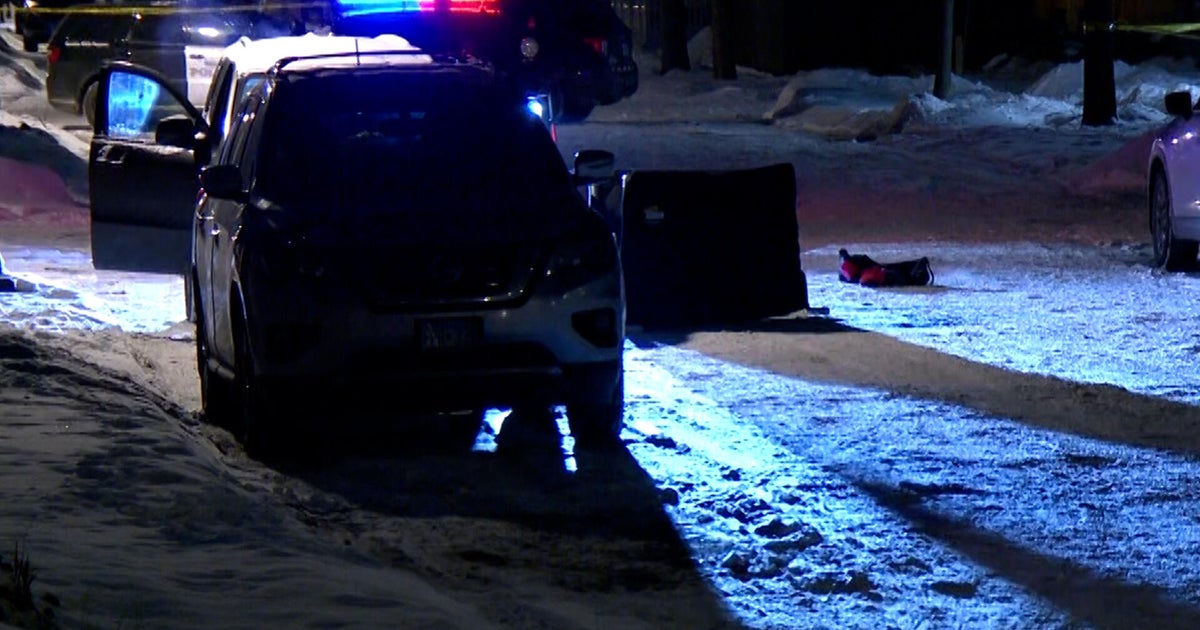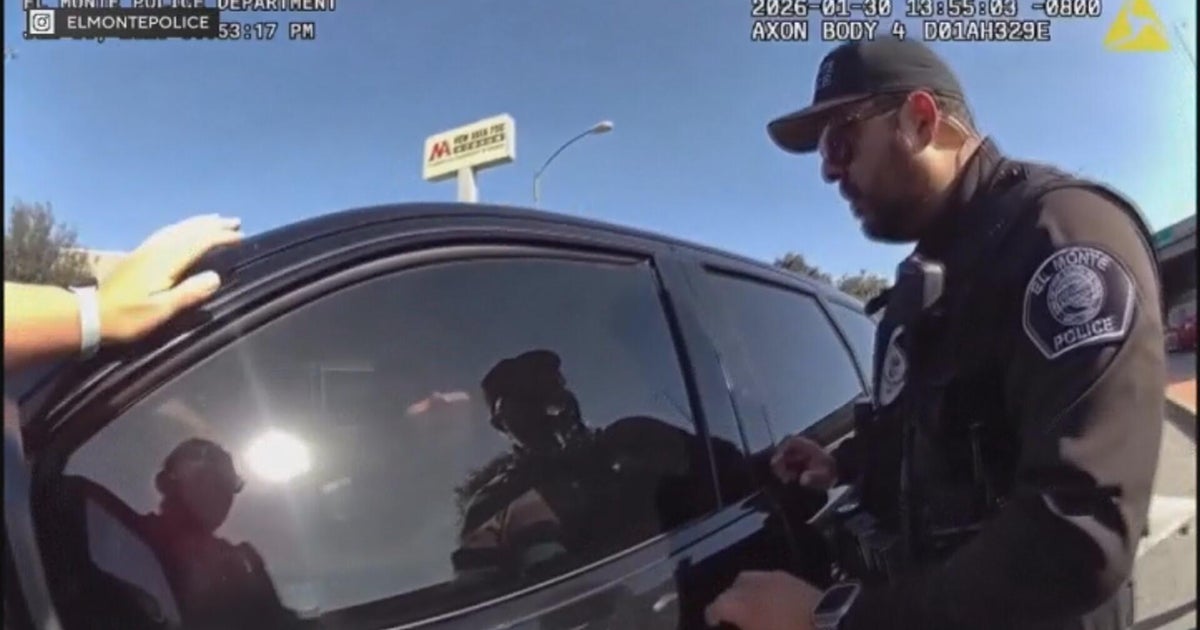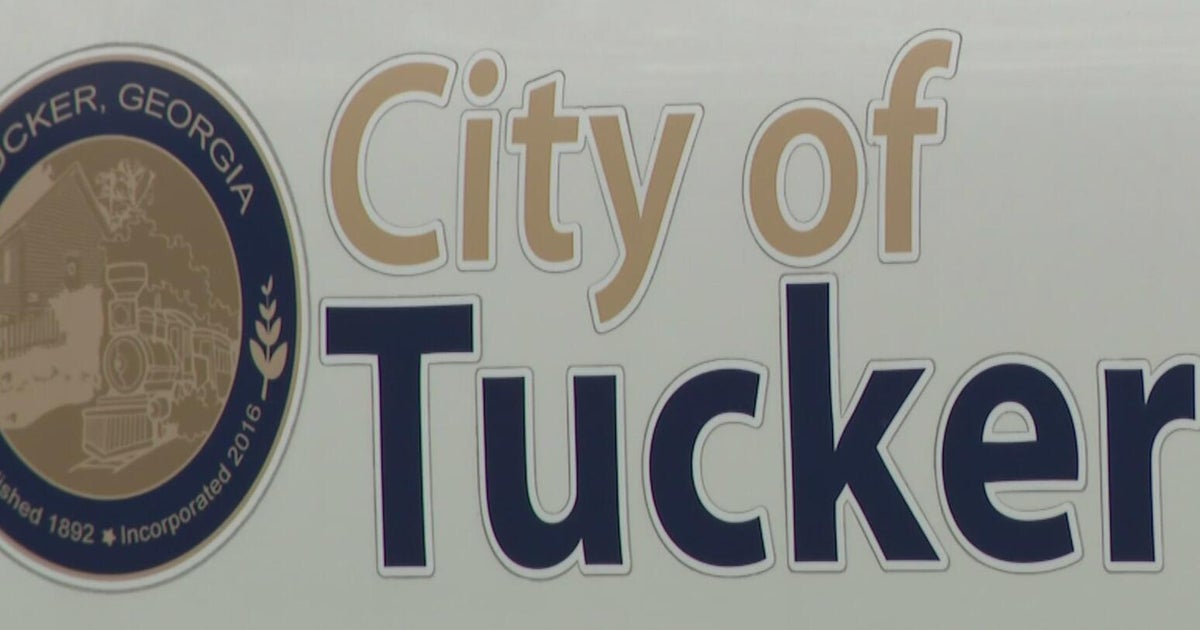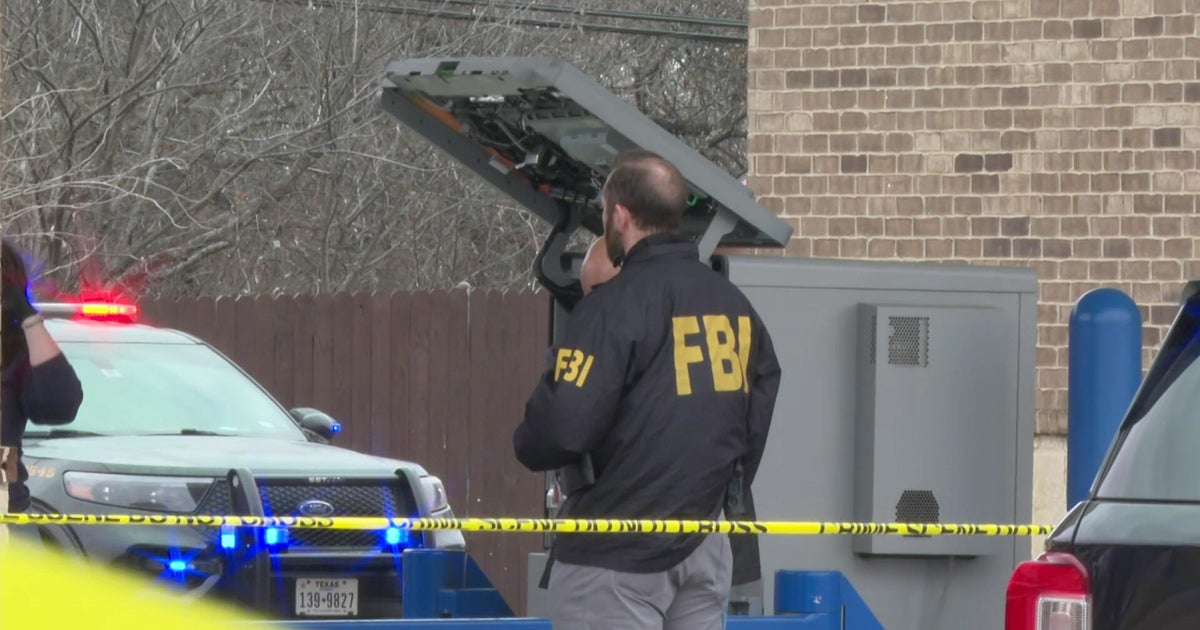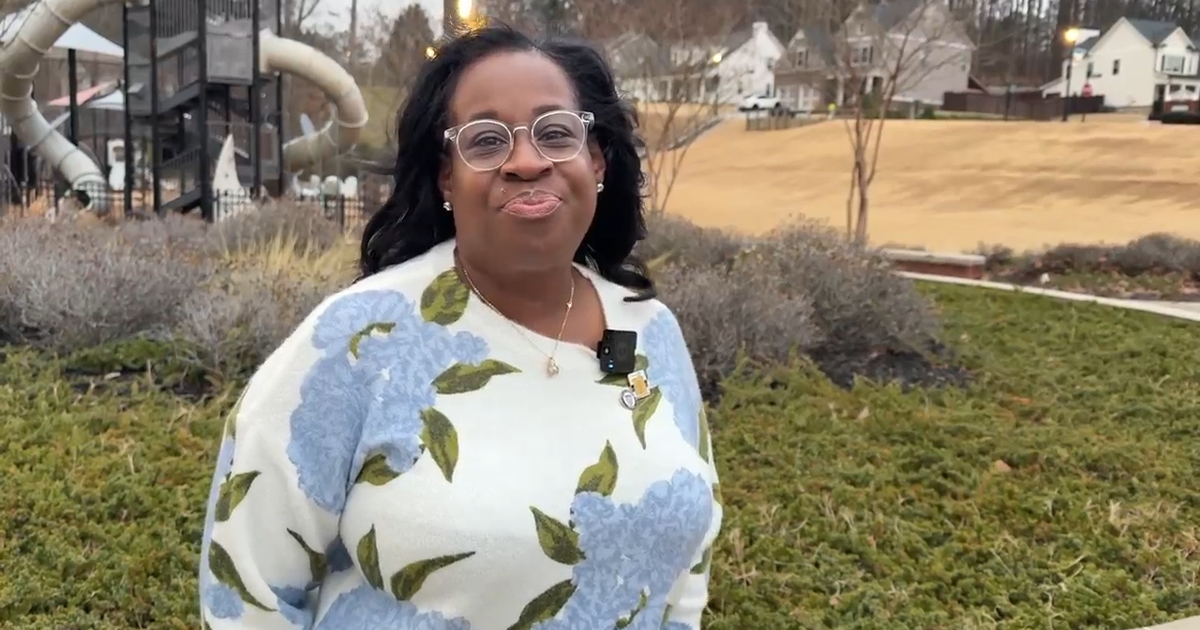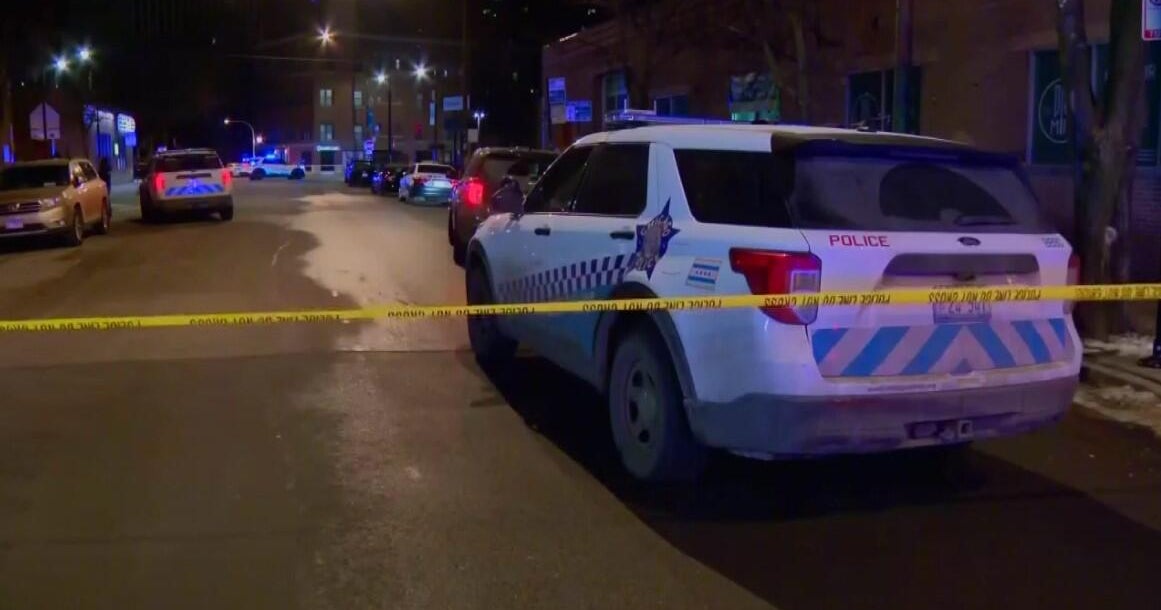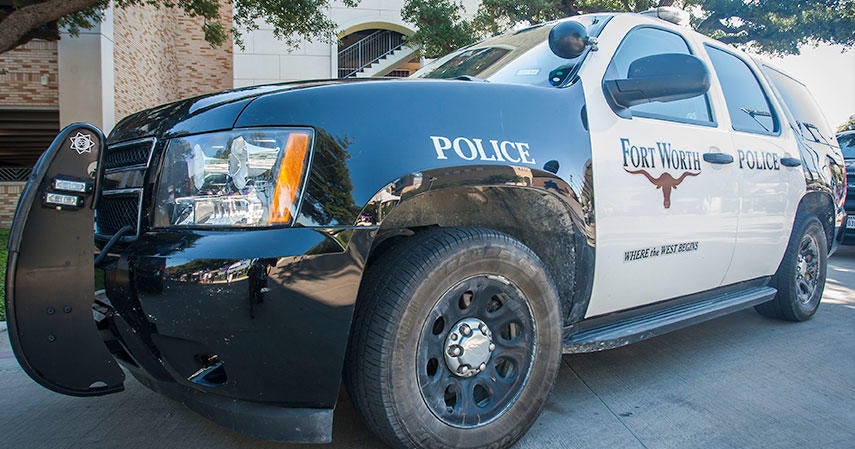Minneapolis Police Chief Nominee Still Facing Hurdles Before Approval
MINNEAPOLIS (AP/WCCO) -- People who have worked closely with the man tapped to lead Minneapolis' embattled police department say he has qualities that would suit him well in the role: He's friendly, seems forthright, has deep roots in the city and is African-American, which could help improve the sour relationship between the police force and the city's sizeable black community.
Medaria Arradondo's long history with the department — he has risen from school resource officer and patrolman to assistant chief during his 28 years on the force — have some wondering whether an outsider might be better suited to changing the culture of the department, which has been accused of being too quick to use force.
Facing public anger over an officer's fatal shooting last weekend of an unarmed, white 40-year-old Australian woman who had called 911 to report hearing a possible sexual assault in the alley behind her home, Mayor Betsy Hodges asked police Chief Janee Harteau to resign, which she did Friday, and nominated Arradondo as Harteau's replacement. Hodges dismissed protesters' calls for her to resign, too.
The council member who represents the district where Damond was killed she says Justine's loss has been devestating.
"I did call for change in police leadership, and the mayor heard that and she responded quickly, and I really appreciate that," Council Member Linea Palmisano said.
She says the assistant chief known as Rondo is well loved on the force, but she questions the mayor's decision to appoint a department veteran when they are looking for fresh leadership.
"What I asked the chief of staff yesterday was, 'Are you sure we shouldn't consider some other people?'" Palmisano said.
The mayor made it clear she supports Arradondo.
"Over the next few years, the Minneapolis Police Department will work to continue the transformational change that we all know we need, and to strengthen and ingrain into our policing the changes that we have already made," Hodges said in a prepared statement Friday. "I am confident that Assistant Chief Arradondo is the right person to lead us through it."
The mayor's own future, however, is still uncertain.
"Her first performance review as Mayor is coming up in a few months, and everybody in Minneapolis will have that decision," Palmisano said.
Read More: Chaos Erupts As Protesters Disrupt Mayor Hodges's Press Conference
Arradondo, nicknamed "Rondo," would need the city council's approval before he could become police chief. He served as the department's public face for the better part of a week after the July 15 police shooting of Justine Damond, as Harteau returned from vacation on Thursday.
Neither the Somali-American officer who shot Damond, Mohamed Noor, nor the officer with him that night, Matthew Harrity, had their body cameras turned on.
Others, though, say an insider is exactly what the department needs: Someone who was brought up in the Twin Cities and can spot the dysfunction beneath the veneer of "Minnesota nice."
"He's a fifth generation Minnesotan, and he's appreciated and well-respected as a police officer," said Raeisha Williams, a city council candidate for the fifth ward and the former communications director for the local NAACP. "He's African American, obviously, and he knows the climate, he knows the community, he knows the culture."
That's vitally important when policing a region where 40 percent of residents are people of color, Williams said.
Arradondo has plenty of experience working with elected officials, frequently meeting with city council members to discuss police-related issues and taking part in community meetings.
He also knows what discrimination feels like: He and four other high-ranking officers sued the city in 2007 alleging they were the victims of systemic racial discrimination and a hostile working environment. The city settled two years later, paying the officers a total of $740,000.
"He's been very vocal about needing to ensure the police department has equity and inclusion, with more community engaging and less enforcement. Now it's the opportunity where he has the power to influentially make that change," Williams said.
She dealt closely with Arradondo following the 2015 police shooting of Jamar Clark, a 24-year-old black man whose death sparked large protests and an 18-day occupation outside of the north side police station. Some critics said Clark was shot in the head while he was handcuffed, but others contested the handcuff claim. The officers involved weren't charged.
Williams said Arradondo was respectful and engaging, and approached her more as a colleague than as an authority figure. She said she's comfortable in his support for social justice movements, as well as his awareness of how the department's culture can improve.
Williams said she appreciates that Arradondo grew up in Minneapolis and thinks this might help him improve how officers interact with those they police. Many officers live outside the city, in mostly-white communities throughout the county.
"So they come in with bias because they're not racially diverse in their own environment," she said. "It feels like they're the predators and we're the prey."
The Minnesota Bureau of Criminal Apprehension is overseeing the investigation into Damond's shooting. In a news release Friday, it said Noor hadn't provided the agency with a statement and that his lawyer hasn't said when Noor might agree to be interviewed, if ever.
The bureau also said a cyclist who was nearby when the shooting happened came forward and spoke to investigators. The witness watched the officers provide medical assistance to Damond, who was a life coach and engaged to be married.
(© Copyright 2017 The Associated Press. All Rights Reserved. This material may not be published, broadcast, rewritten or redistributed.)

